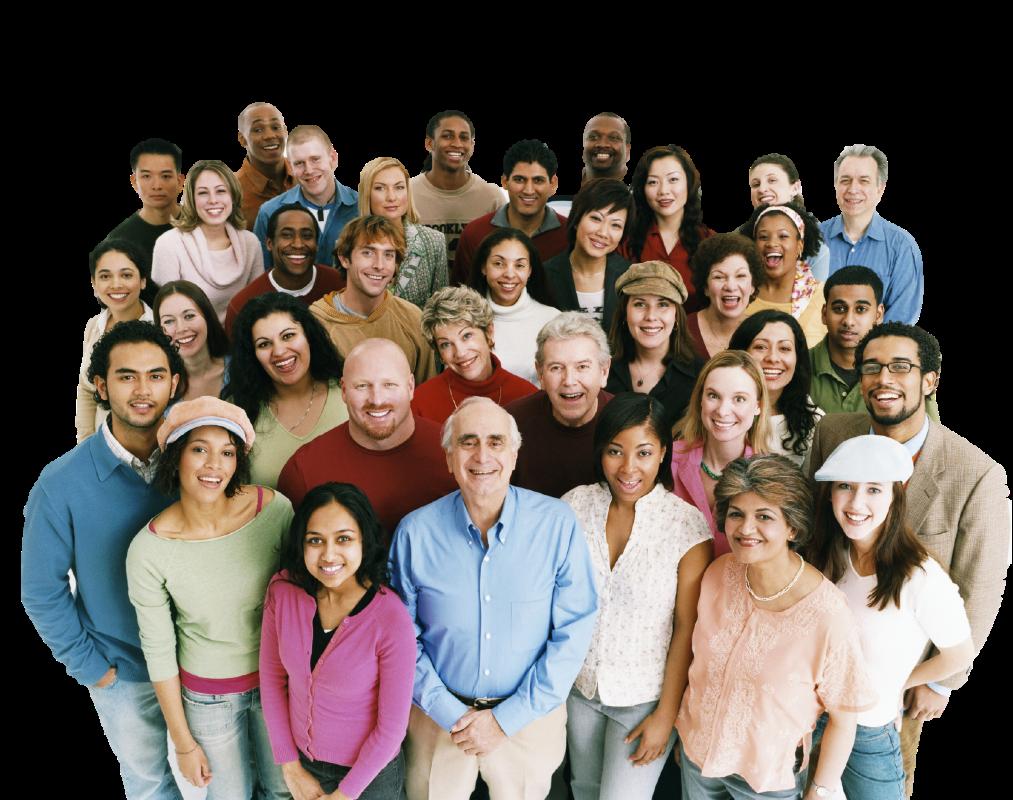
4 minute read
POP-UP FEATURE
The 5 Friends You Need to Stay in Touch With Right Now*
BY Kristen Howerton
Advertisement
Maintaining friendships has never been harder, but it's also never been more important.
“Social distancing” is poor phrase for what we’re going through right now. What it means is good — people should be physically distancing themselves to protect each other from COVID-19. But socially, we need to be closer than ever — lovingly pouring into each other through whatever safe means we can. That can mean Zoom, backyards or just regular group messages, just so long as it’s happening. But for obvious reasons, it’s probably not happening as frequently or easily as it did in the Before Times. That’s why you need to be intentional about who you’re hanging out with. You need to keep your social circles diverse. Take inventory of your inner circle. Does everyone look, talk, and think like you? If so, maybe it’s time to branch out. There’s no sure-fire formula for creating community, but there are few kinds of friendships you might be missing in your life—and that you might want to pursue.
1. SOMEONE WHO IS OLDER -AND WISER- THAN YOU It’s one thing to wish you had better habits, more self-discipline or refined character. It’s another thing to find those qualities personified in someone you respect - and follow them as a real-life model. This is not a friend you idolise or envy, rather, it’s someone who is one or two life stages ahead of you and can call back to you tips for the journey.
2. SOMEONE WHO IS YOUNGER THAN YOU If having a mentor to look up to can improve your character, being a mentor for someone else can challenge you to do the same—from the opposite end of the spectrum. There’s no bigger motivator to be more careful in your steps than having a constant shadow. When a friend is looking to you as a living example, you will be challenged to live better—that is, to live a life that is worthy of imitation.

3. SOMEONE WHO HAS A DIFFERENT HOME CULTURE THAN YOU There are few better ways to broaden your horizons than to be in community with people of different cultural backgrounds than yourself. Cross-cultural friendships stretch us outside our limited vantage point as we seek to understand someone else’s unique customs, values and traditions. Such friendships are mutually beneficial. It allows those of us steeped in our own culture to reconsider some of our default societal norms and values, and maybe even adapt some new ways of engaging with the world. It also makes us more empathetic to global issues when we have friends from various backgrounds.
4. SOMEONE WHO HOLDS A DIFFERENT WORLDVIEW We naturally develop friendships with others who affirm our convictions—whether in terms of religion, politics, moral ethics or any other thought arenas where our opinions come passionately forward. But when we only surround ourselves with a chorus of people who nod and amen at every turn of the conversation, we begin to lose touch with people from other walks of life. It’s easy to make straw men and stereotypes of people who hold opposing views, but when “those other people” are your trusted friends, it’s harder to dismiss their ideas. Instead, you’ll be pushed to listen more honestly and grapple with these differences in the context of a relationship. And not only that, but having friends with whom you hold clashing views can lead to spirited conversations that would have never happened in like-minded community. 5. SOMEONE JUST NEXT DOOR While it’s great to seek out certain kinds of new friends, don’t overlook the potential friends who might already be in your life. Who do you interact with on a weekly, if not daily, basis?

Whether a neighbour, a barista at your favourite coffee shop, or a fellow commuter on the train to work, instead of averting eye contact and keeping necessary interaction efficient, consider who you might (safely!) engage in a deeper relationship with. At first, you might think the only thing you have in common is a zip code, but proximity can be a powerful force in friendship.
While there are many benefits to diversifying our friendships, the ultimate reason is that it teaches us to love others like God did—unconditionally and indiscriminately. And when we love others not as “projects” or potential converts or friends in high places, but with the love Jesus modelled, our circle of friends begins to look less like the segregated cafeteria of days gone past, and more like the Kingdom.
*The full version of this article is (originally) published on relevantmagazine.com




